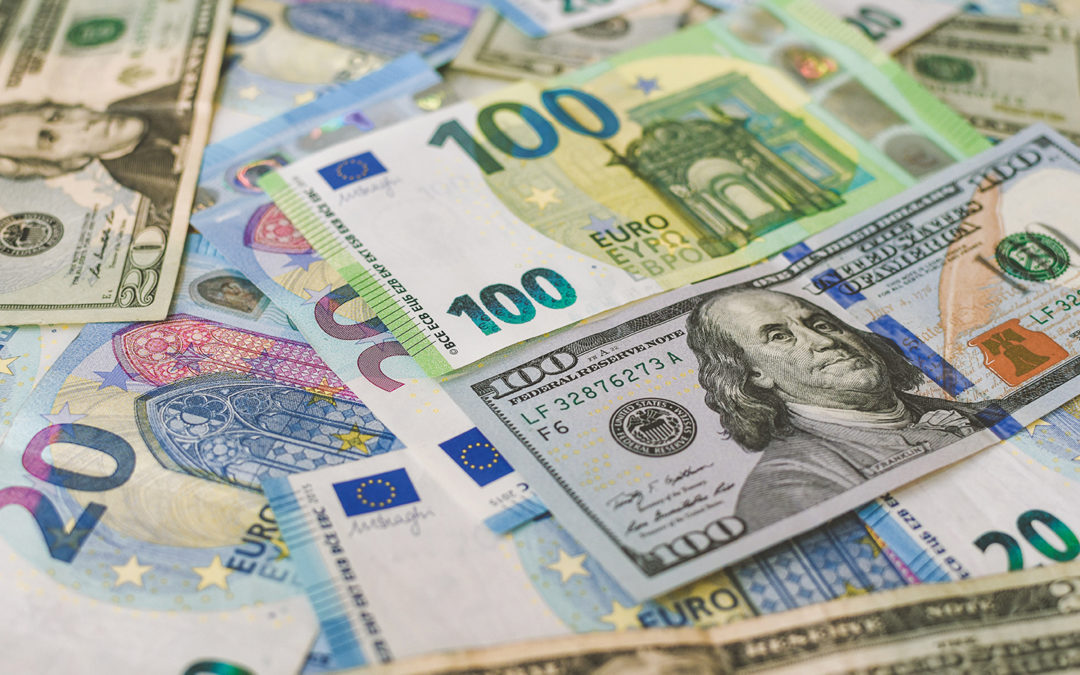Incluso antes de la crisis del COVID,la economía española se enfrentabaa grandes retos. Cuando el consumo se desplomó entre 2008 y 2014, se necesitaron rápidamente nuevas visiones de futuro. El elevado desempleo, que en ocasiones alcanzaba el 25%, provocaba una fuga de cerebros en la que los jóvenes académicos buscaban su futuro profesional en el extranjero. En los últimos años se ha difundido en el país un nuevo espíritu que apunta a enfoques e innovaciones inusuales.
No son los peores requisitos para contrarrestar la crisis actual a largo plazo. España tiene un enfoque especial en el desarrollo de start-ups e innovaciones que cuentan con el apoyo de los inversores.
Tomemos Barcelona, por ejemplo: La capital catalana tiene un próspero panorama de start-ups y ocupa el tercer lugar en la UE en cuanto a start-ups en 2018. Barcelona ha estado trabajando para establecerse como un centro tecnológico internacional desde 2013.
El mejor ejemplo del espíritu digital de optimismo es el Mobile World Congress, el congreso mundial del sector móvil, que se celebra anualmente en Barcelona. Gracias a esta feria, el sector de la información y la comunicación es uno de los sectores en crecimiento más importantes de Cataluña, con unas 16.000 empresas, más de 100.000 empleados y una facturación anual de más de 16.000 millones de euros.
Empresas como el fabricante de automóviles SEAT o Caixabank buscan el contacto con el panorama start-up para desarrollar conjuntamente innovaciones. Otra ventaja: Barcelona es atractiva y ofrece una alta calidad de vida. No es difícil atraer talentos de muchos países del mundo. Las cifras hablan por sí solas. De los 1.300 millones de euros que se destinaron al sector de las start-ups en España en 2019, 871 millones de euros acabaron en Barcelona, donde ya hay 1.370 start-ups. Junto con Londres, Berlín, París y Ámsterdam, Barcelona es una de las regiones de start-ups más dinámicas de Europa. Sin embargo, la ciudad catalana no sólo es el hogar de multinacionales, sino también de muchas universidades, escuelas de negocios e instituciones de investigación.
Pero no solo es Barcelona, también han surgido importantes centros de start-up e innovación en otras partes de España: biotecnología en Valencia, Pamplona y San Sebastián; telecomunicaciones, tecnologías digitales y negocios web en Santander, Madrid y Málaga; movilidad y energías renovables en Pamplona, Madrid y Valencia; e industria cinematográfica/animación 3-D en Alicante, Valencia, Madrid y Málaga. Mientras tanto, España está ahora por delante de Alemania y Francia en la economía digital aplicada.
Por supuesto, la crisis de COVID es una carga particular para las empresas de nueva creación. Sin embargo, el capital de riesgo sigue fluyendo hacia las empresas jóvenes e innovadoras. Aunque algunas rondas de financiación previstas se han aplazado hasta finales de 2020, la actividad no se ha ralentizado. Entre mediados de marzo y mediados de junio de 2020, 67 start-ups españolas consiguieron movilizar un total de 126 millones de euros en capital riesgo, según el diario económico Cinco Días. La empresa Ysios Capital lanzó un nuevo fondo de 200 millones de euros en junio de 2020. Con ello, Ysios quiere invertir en hasta 15 start-ups europeas que desarrollan medicamentos. Además de la industria de la salud, la digitalización está recibiendo una atención especial. Las aplicaciones que no requieren contacto físico han recibido el viento de cola de la crisis actual. Esto también se aplica mucho más allá del sector de la salud.
La actividad más fuerte se encuentra en las áreas de hogar, salud y movilidad. Con toda esta actividad, no es de extrañar que España haya producido hasta ahora tres Unicornios valorados en más de mil millones de dólares americanos: LetGo (portal de segunda mano), Cabify (alquiler de coches con conductor) y Glovo (servicio de entrega).
Junto con las start-ups, en España se ha creado una infraestructura de alrededor de 170 incubadoras y aceleradores. Algunas están vinculadas a instituciones financieras o escuelas de negocios que ofrecen cursos de postgrado con contenidos de digitalización o economía digital. La economía española es, por tanto, multicapa y está bien posicionada, con una industria emergente en auge y numerosas innovaciones. Por lo que está bien situada para afrontar con éxito el futuro tras la crisis del Coronavirus, a pesar de todas las resistencias actuales.



























